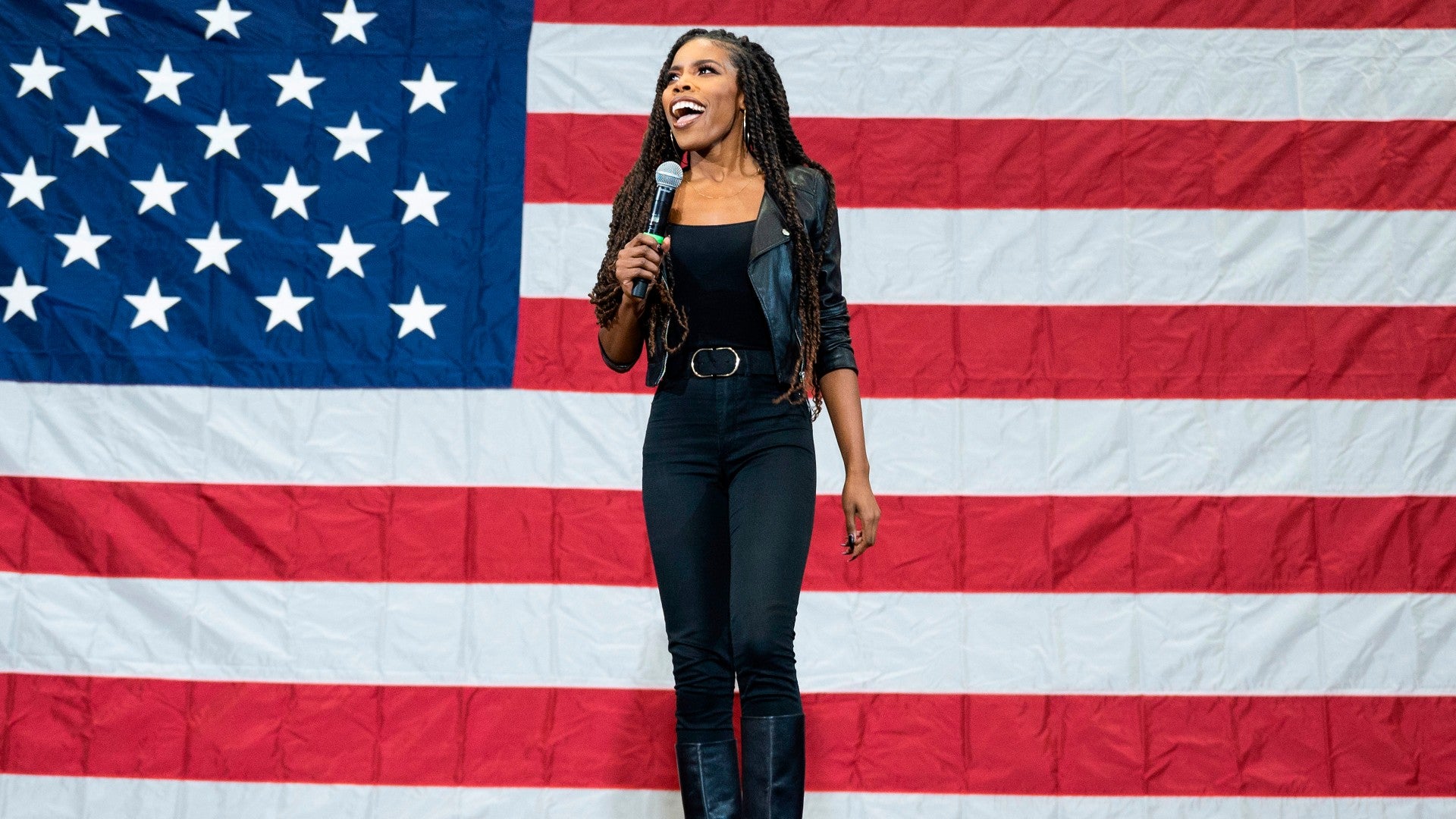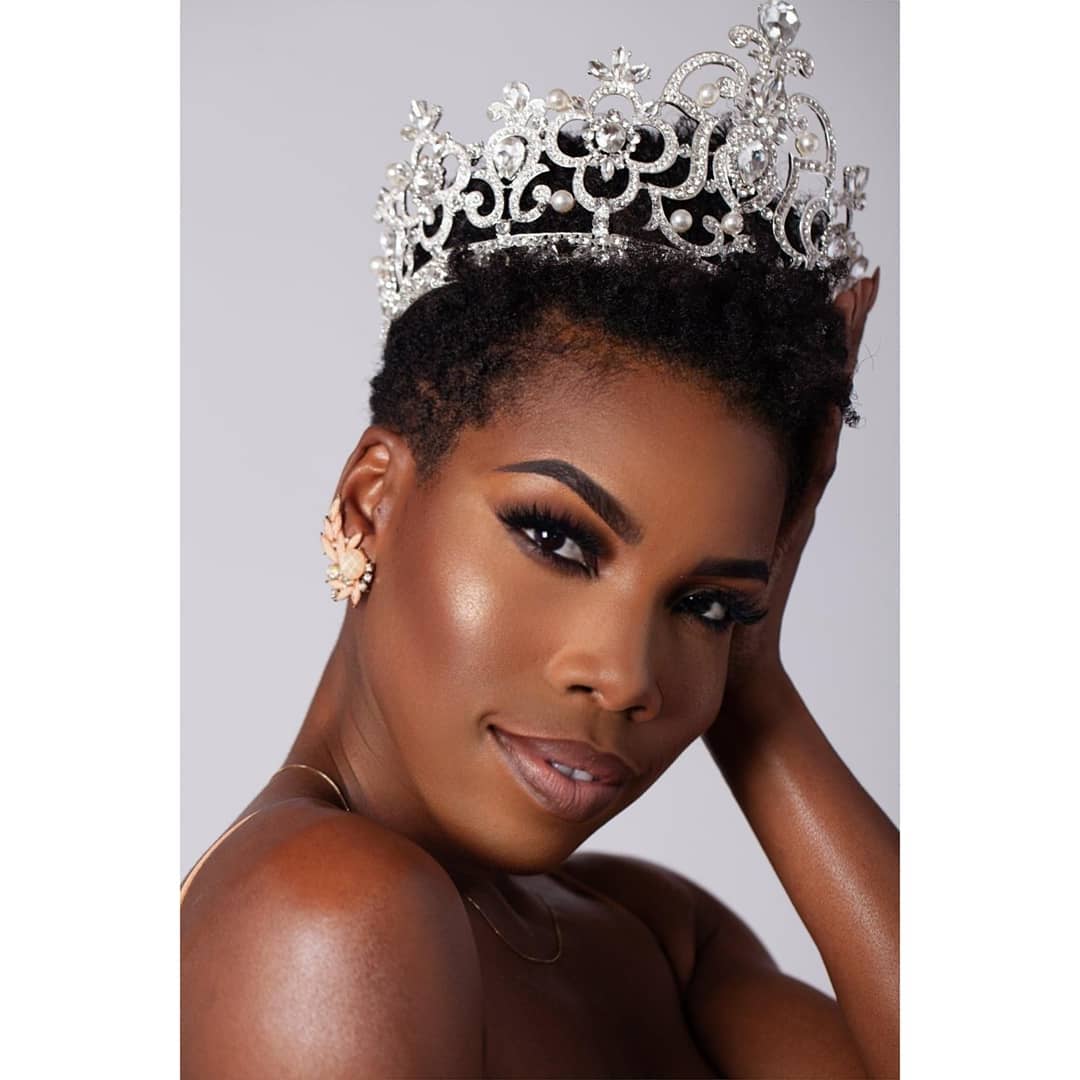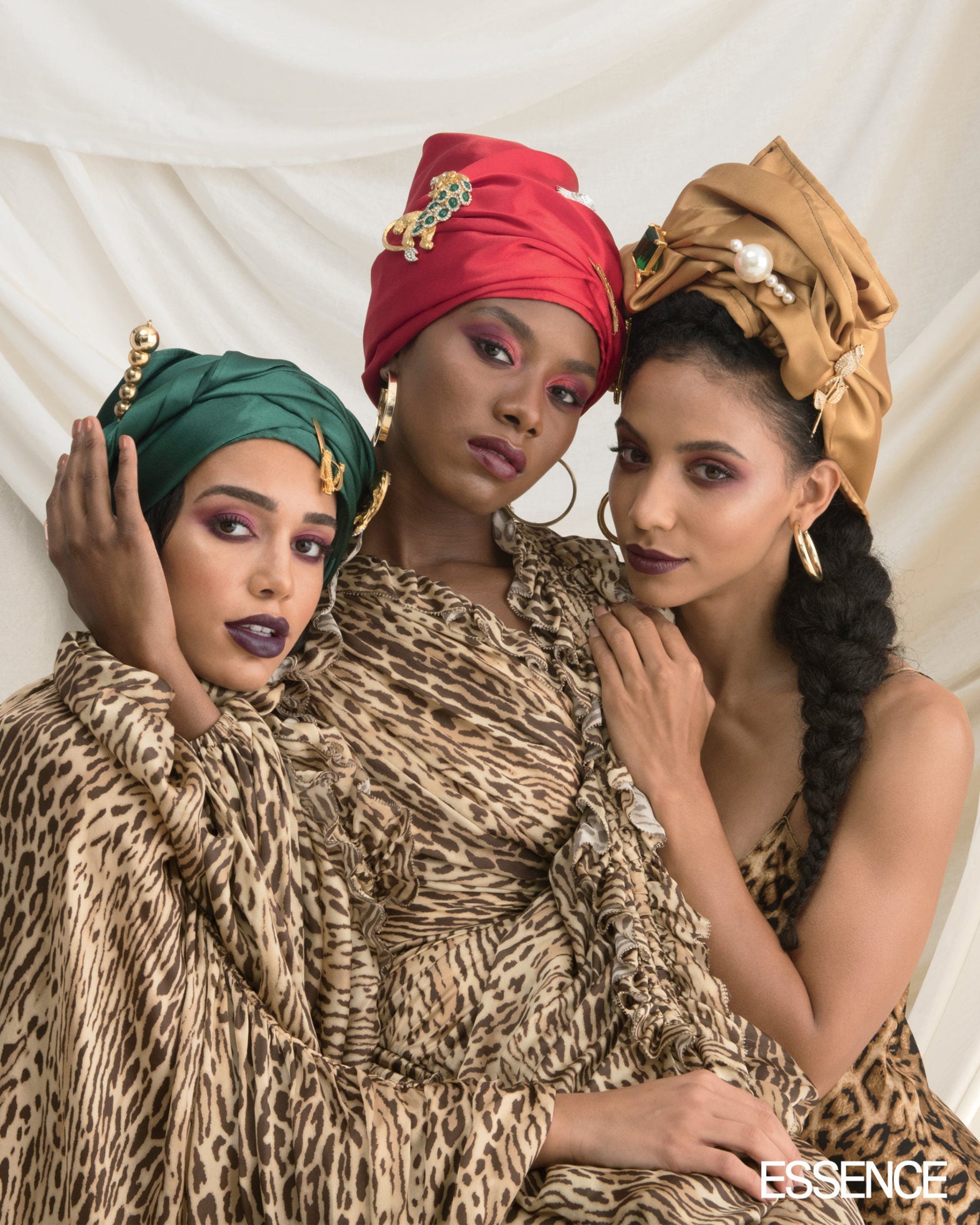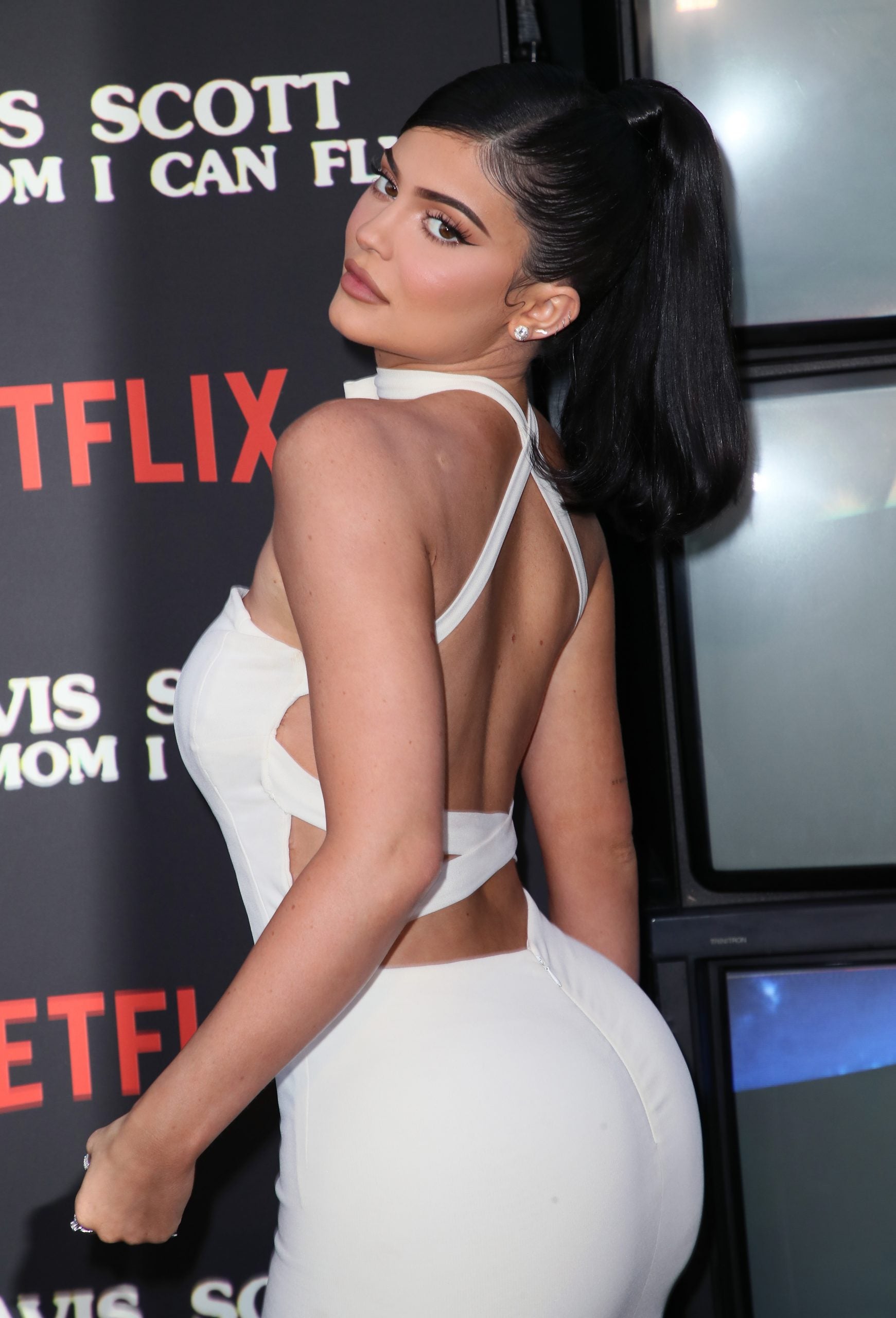
Ryann Richardson was ready to put beauty pageant life in her rearview mirror before she ran for Miss Black America. As vice-president for a $100 million global travel tech firm at the time, she was hoping to keep her pageant world as separate from her tech world as possible.
“I tried to juggle my interest in both areas, but keep a high wall between my secret life in the pageant underworld and this career I was building in the tech space because I was aware of this conventional wisdom around beauty and how ‘frivolous’ it’s supposed to be,” she told Makeup Museum founder Doreen Bloch in an Instagram Live.

“[I thought] that if folks in the tech space that I worked so hard to create credibility in, found out that I was a beauty pageant queen, that might chip away at that credibility that I worked so hard to develop and folks might start to question my capacity.”
But becoming the fiftieth Miss Black America (at title she still holds) meant that she could no longer prevent those disparate identities from merging. And it opened up many new opportunities in the beauty advocacy space, including a six-month speaking tour, her recently released TED Talk, a documentary she’s been working on about beauty culture in the United States, and an unforgettable Instagram Live talk she gave with The Makeup Museum last Thursday.
In it, Richardson doesn’t just give a word about the hijacking of Black beauty without allowing Black women to leverage the power of our own aesthetic, she explains how beauty in itself has historically been a power that women have and shouldn’t be ashamed to benefit from.
“Beauty, in fact, is not irrelevant, or frivolous or silly,” she explained. “Beauty is the foundation of what many sociologist would argue is the single most consistent and reliable form of power. So if women are allowed to lean into that and leverage it, we’re allowed to tap into a power that is oftentimes withheld from us.”
“For so long we’ve told women that their beauty, that their appearance, that investing in it is silly. If they want to be taken seriously they’ve got to put those silly things to the side and invest in [other things],” she continued. “I make the feminist argument though that to tell women that beauty is inconsequential is an affront effectively on our power. Because men aren’t asked to do away with or put aside the vehicles that are afforded to them for power, but women are almost exclusively able to benefit and leverage beauty as a vehicle in that regard.”
Richardson also went on to discuss the dangers of Black beauty as a trend. It’s a diversity and inclusion conversation that we’ve been having in the community and in beauty spaces ever since Fenty Beauty sent brands back to the product and development teams to expand the color ranges in their lines.
But she addresses the topic from a fresh perspective. She’s happy to see a year when all the September issues feature Black women on the covers. And she rejoiced like the rest of us when the Miss America, Miss USA, Miss Teen USA and Miss Universe titles were all held by Black women at the same time. For Richardson, the seemingly overnight flip of the switch in this representation could mean that Black beauty is simply trending for a moment in time.
“What happens next year, and the year after and the year after that?” she asked.

When Black beauty is simply a trend, she said, we run into the issue where Black women’s beauty is co-opted but Black women never become the standard of beauty. It’s not enough to promote our aesthetics on someone else, but the move is to promote Black beauty on Black women, unapologetically every time. But that would require that Black women are at the decision-making tables.
“If brands are making money off of Black women’s aesthetics then Black women should be in boardrooms, Black women should be the influencers that you’re leveraging to sell this,” Richardson pointed out. “Let’s cite credit to the originator of the trend that you’re selling. Otherwise it’s really just theft.”
But co-opting Black beauty as a trend is also taking on a new form by way of an old trope: the Jezebel stereotype. This portrayal of Black women as oversexualized objects allowed others to strip us of our identities in order to justify the rape and violation of Black women.
Today, according to Richardson, it’s used to justify the taking of the Black woman’s identity to wear as costume for sexy dress up (think Kylie Jenner). It poses a different, albeit still dangerous, issue for our community.
“Only time will tell, but we can make many assumptions about what that in turn results in 50 years down the line when this is history, what it meant that we were able to use Black women as costumes for our sexy dress up time,” Richardson said. “And how does that then manifest in future dehumanization or sexual violence against Black women?”

It all comes full circle to a lack of representation and the dangers of thinking we’ve come a long way when we’ve seen just a small amount of progress. Cosmetics brands might feel like they’ve done enough because they’re including more models of color in their ad campaigns, or skin care brands can pat themselves on the back for creating products that target Black-specific skin concerns.
But there’s so much more work to be done. And it happens through women like Richardson, who are not satisfied with a few crumbs, or even just a small slice of the pie, especially since we’re the ones who keep the kitchen running.
“Rihanna having a brand is awesome. Iman being an icon in the beauty space and having her brand is awesome. But that does not mean that there is equity economically in the beauty space,” she finished. “If right now the greater beauty industry is going to sell Black women’s aesthetics, then we have to push for equity in the beauty industry. Let Black women earn their coin if you’re going to sell the way that we look.”